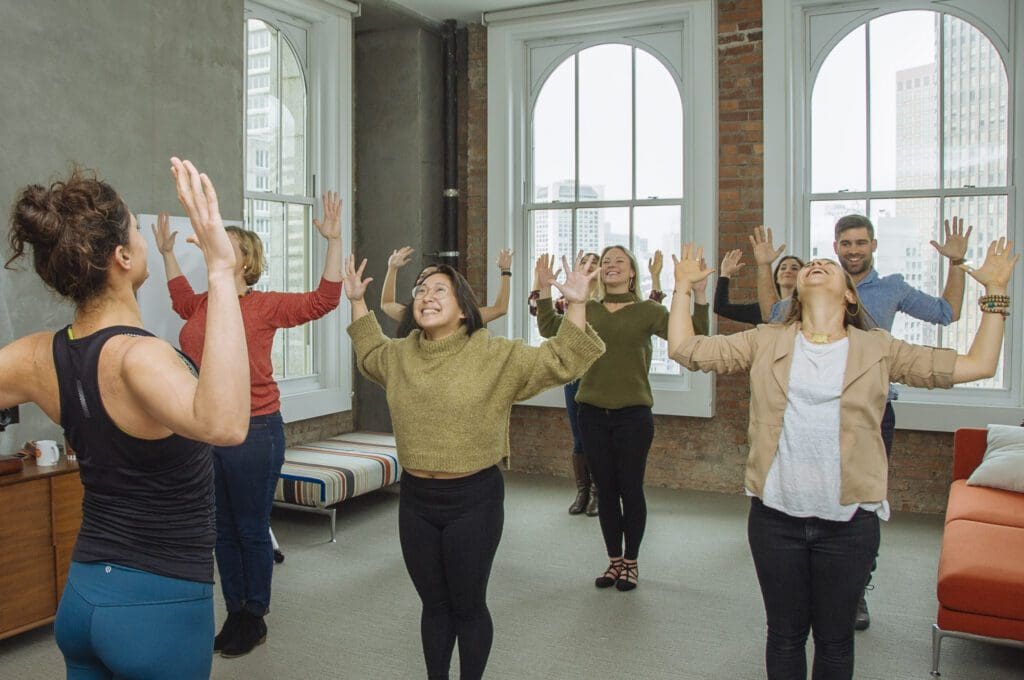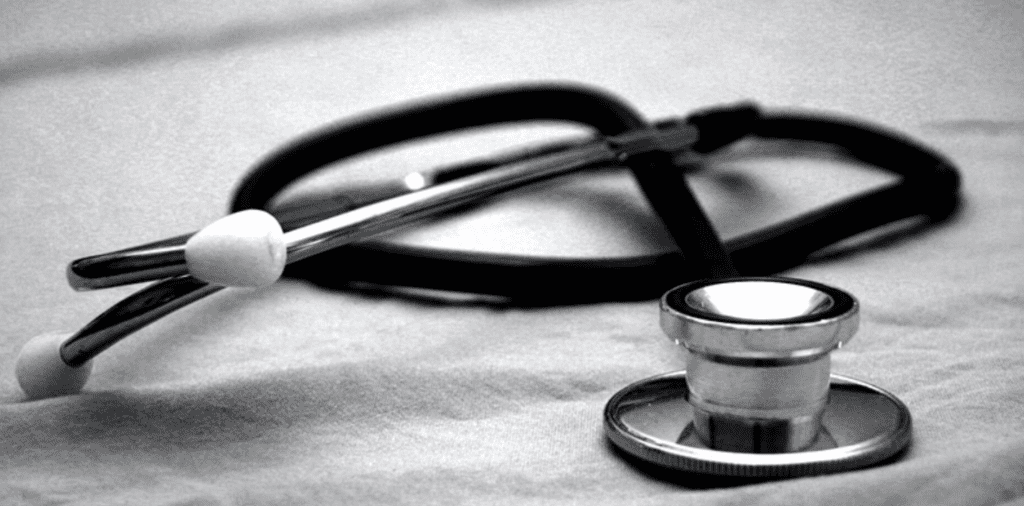
Physical movement and regular exercise offer many benefits for physical and mental health. Imagine walking into a doctor’s office with confidence. Or picture yourself stepping on the scale with excitement. As an avid yogi, an open water swimmer, and a fitness enthusiast, I’ve been on the highs and lows of exercise. Here are some of the key advantages:
Physical Benefits
- Improved Cardiovascular Health: Regular physical activity helps to strengthen the heart and improve its efficiency, leading to better circulation and reduced risk of heart disease, stroke, and high blood pressure. My dad had a heart attack, and this is how I helped him. More than 805,000 Americans experience a heart attack per year. This can be prevented with mindfulness and exercise.
- Weight Management: Exercise helps to burn calories, contributing to weight loss and weight management. It also supports healthy metabolism and prevents excess weight gain. Imagine stepping on the scale with excitement.
- Muscle Strength and Endurance: Regular physical activity helps build muscle mass, strength, and endurance. This is essential for maintaining functional abilities as you age. Carrying the groceries up a flight of stairs or getting in and out of the car will feel breezy.
- Bone Health: Weight-bearing exercises, such as walking, jogging, and weight lifting, help to increase bone density and reduce the risk of osteoporosis and fractures.
- Improved Flexibility and Range of Motion: Activities like stretching and yoga enhance flexibility, improve joint health, and maintain a full range of motion in your muscles and joints.
- Heart Health: Exercise can lower blood pressure, improve cholesterol levels, and reduce the risk of heart disease.
- Improved Digestion: Physical activity can aid digestion and promote regular bowel movements.
- Reduced Risk of Chronic Diseases: Regular exercise can lower the risk of various chronic conditions, including type 2 diabetes, certain types of cancer, and metabolic syndrome.
Mental Health Benefits

- Mental Health Benefits: Physical activity is associated with the release of endorphins, often referred to as “feel-good” hormones. This can reduce stress, anxiety, and depression while promoting a more positive mood and overall mental well-being.
- Enhanced Cognitive Function: Regular exercise improves cognitive functions such as memory, attention, and problem-solving skills. It may also reduce the risk of cognitive decline and neurodegenerative diseases.
- Better Sleep: Physical activity can help regulate sleep patterns and improve sleep quality, leading to more restful and rejuvenating sleep. Exercise before bed helps with common sleep disorders like insomnia.
- Increased Energy Levels: Regular physical activity can increase your overall energy levels and combat feelings of fatigue.
Social Benefits of Physical Activity
- Social Interaction: Participating in group activities, sports, or fitness classes can provide opportunities for social interaction and the development of supportive relationships.
- Stress Reduction: Physical activity can act as a stress reliever by helping to reduce the body’s stress hormones and promoting relaxation.
- Longevity: Regular exercise is associated with a longer and healthier life, contributing to overall well-being and reducing the risk of premature mortality.
- Enhanced Self-Esteem: Achieving fitness goals and experiencing improvements in physical health can boost self-confidence and self-esteem.
- Improved Immune Function: Moderate exercise can boost the immune system, helping the body defend against infections and illnesses.
Financial Benefits of Physical Activity

- Brain Health: Physical activity is linked to improved cognitive function, memory, and focus, reducing the risk of cognitive decline as you age.
- Save Money: Better health saves money on doctor’s appointments, medical bills, and pharmaceuticals needed to regulate the body’s functions.
- Save Time: Spending as little as 20 minutes a day exercising can save hours and hours spent in the hospital, on the phone with your doctor, or worrying about your health.
It’s important to note that the benefits of physical movement are most effective when combined with a balanced and nutritious diet, proper hydration, and adequate rest. Additionally, consulting with a healthcare professional before starting a new exercise routine is recommended, especially if you have any existing health conditions or concerns.
ZaaS offers well-being programs and yoga retreats to large organizations and B Corps worldwide. Join us!



